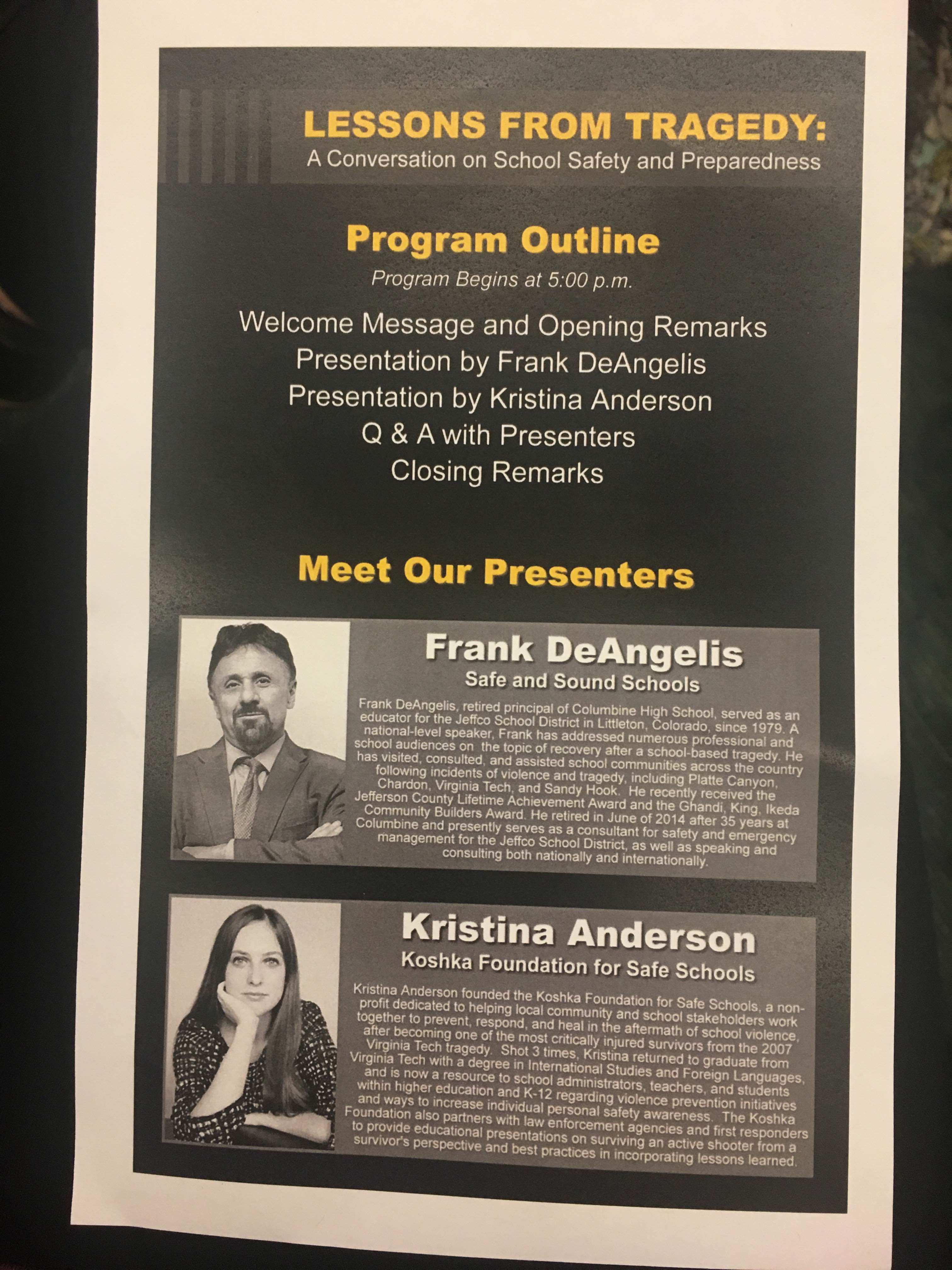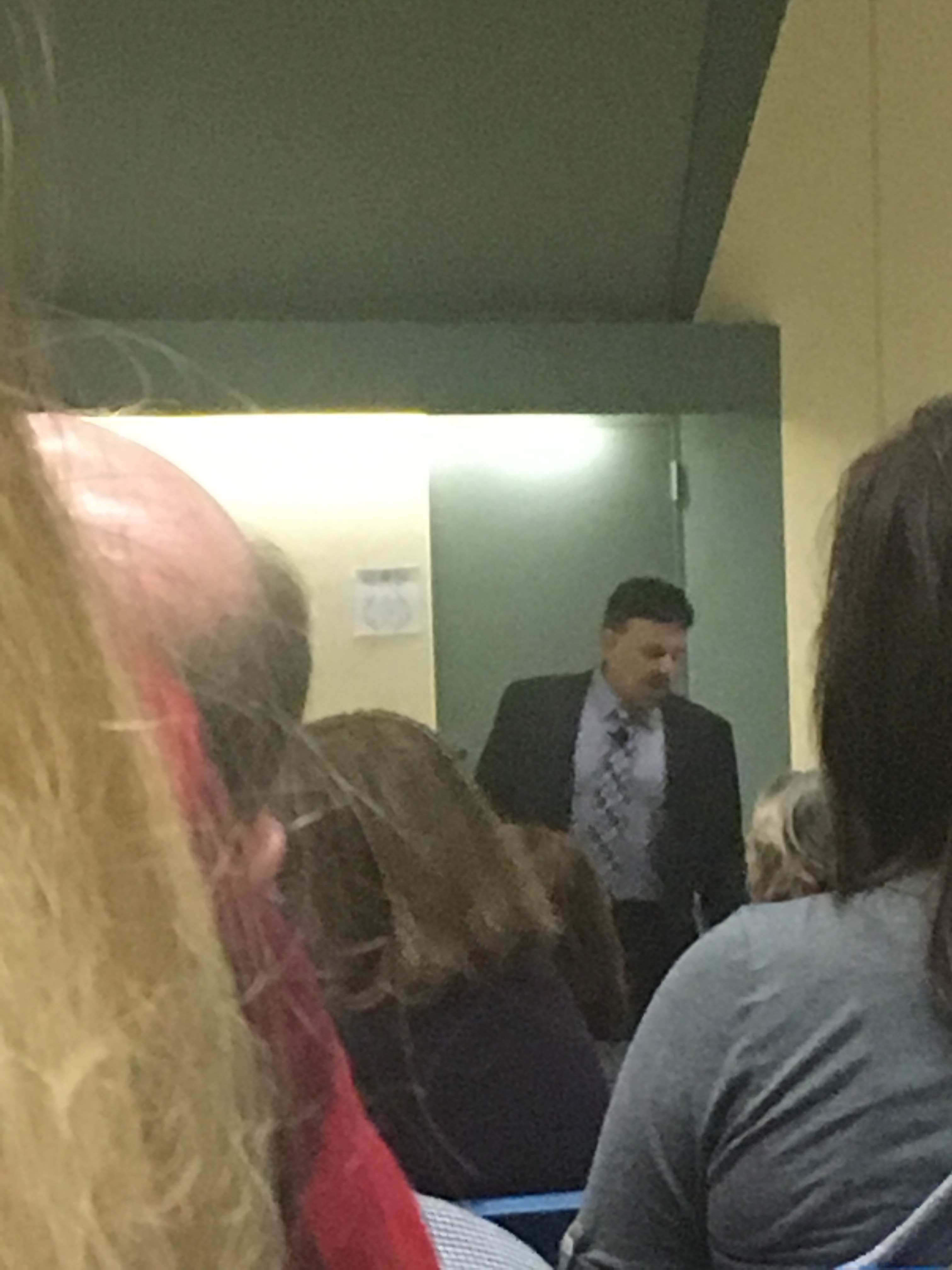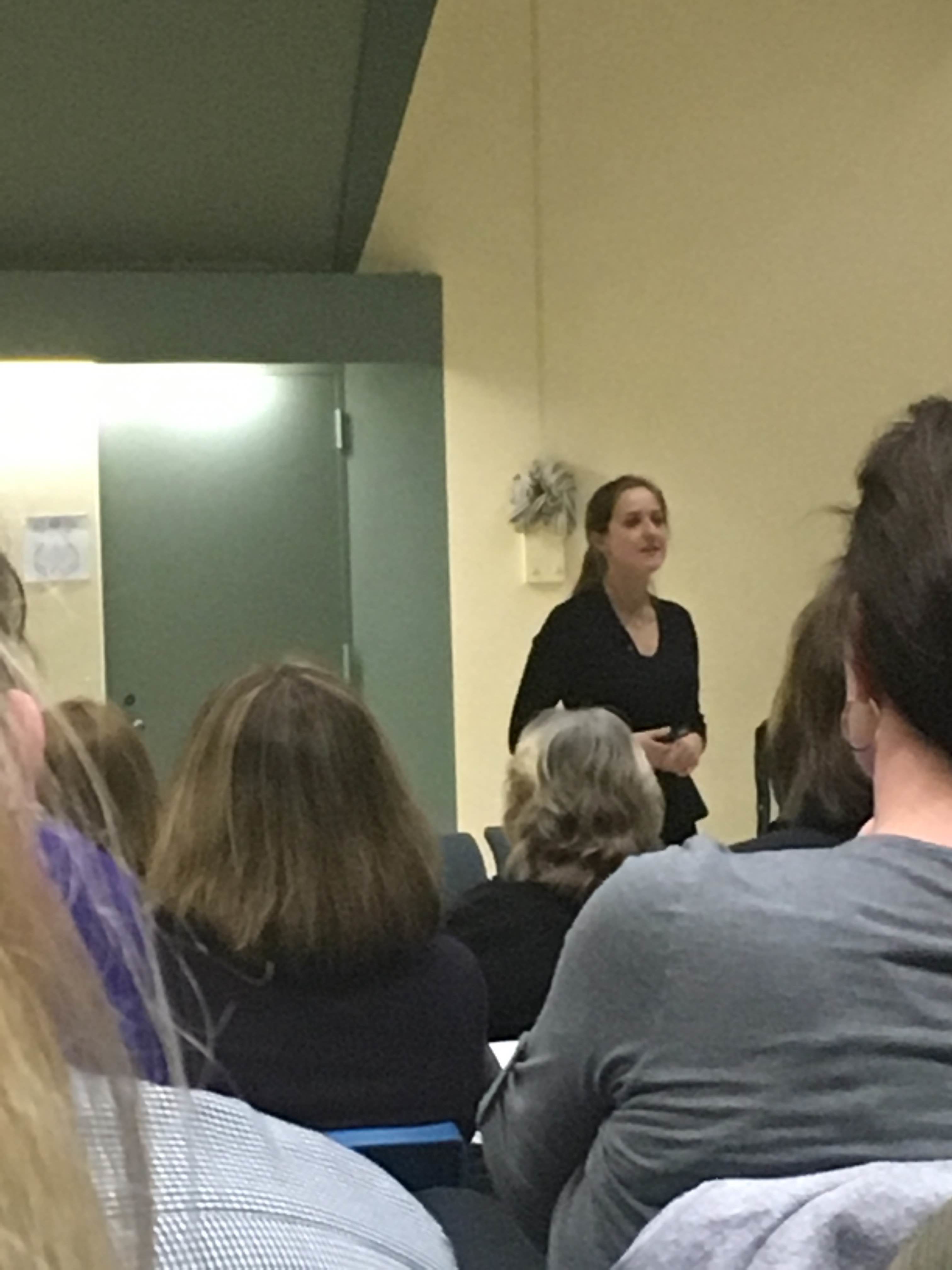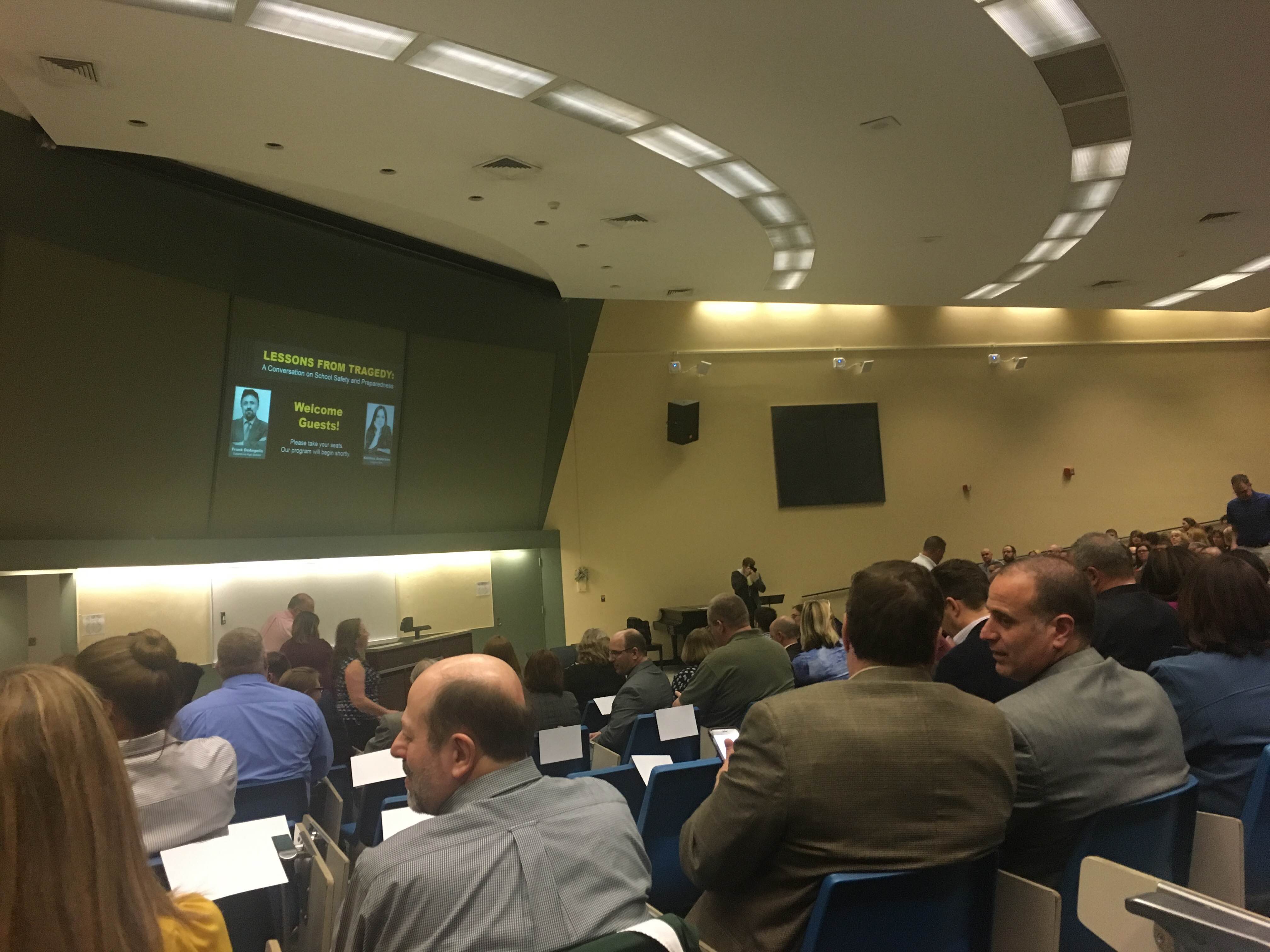Wednesday night, I got the privilege to sit in on a presentation on campus given by the former principal of Columbine High School, Frank DeAngelis, and Kristina Anderson, a survivor of the Virginia Tech tragedy. During their presentations, they recounted their personal stories of coming face to face with school shooters and what they did that allowed them to be here today.
DeAngelis talked about his faith and the luck that allowed him to grab the correct key out of a keyring of about 35 keys to unlock a door near the gym to get himself and a few girls to safety while Anderson talked about hiding under a desk and despite being shot three times getting rescued after the attack was over. Their personal stories were very emotional to hear and eye opening.
DeAngelis talked about how a lot of the time when people think of the survivors they only think of the people who were injured. He then went on to tell us that it was obvious that those who were in the school during the tragedy were greatly affected as well when a balloon archway popped at a dance and
everyone fell to the floor. Anderson kept her talk on the more light hearted side which made it easier to hear, even when she showed a cell phone video from outside the building that she was shot in. They both talked about how they belong to a club that they do not want anyone else to join, which is why they both came to speak, to share their experiences so that god forbid if anyone in the room was ever involved in something like what they went through, maybe they would be a little more prepared than they were.
In each of their speeches, DeAngelis and Anderson also delved into the world of “the media” and each talked briefly about how news outlets covered each tragedy. This surprised me because I was in a room full of a majority of emergency response officers as well as public justice majors and I went simply because I was interested in what they had to say so I wasn’t expecting something that would correlate with my career path so much. Although as one person going into the field of broadcasting I will not be able to change the way that news outlets cover school shootings, I would like to try. They talked about how the news went into detail about who the perpetrators were and Frank DeAngelis even said that he believes the reason why Columbine is remembered so well is because of how much coverage it got on the news.
One thing that I recall learning in my broadcast news reporting class was how in media ethics you are not supposed to report on something in a manner that could cause copycat offenses, my guess is that they did not know about this since it was April of 1999, nearly 18 years ago, or that it was such a tragic event that they simply wanted everyone to know every detail.
This talk opened my eyes to things that I do not usually think about during the course of my school day. DeAngelis and Anderson both said that they never thought that anything like the tragedies of Columbine and Virginia Tech would ever happen to them. They talked about how being prepared and alerting the police when something does not feel right can save a life. Although the chances of tragedies like this are slim, I learned from their speeches that it is better to be safe than sorry.
I also urge all of you to go to events like these on campus because they can really open your eyes to ideas that you would never think about before hearing them from someone who witnessed something first hand.






